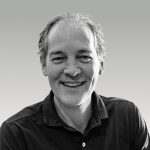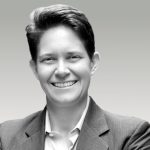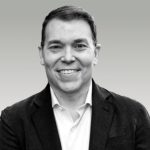Podcast Themes
Multiple perspectives on a topic that you are curious about!

Chris speaks about how Roger thought about success at various points in time but at the same time was sowing the seeds for his next innings of his life (e.g., the connect with Bill Gates in the context of his Foundation).

Michiel speaks about the arc of his journey and how he shifted trajectories over time and over time his interests and passions shifted from Sales, Marketing and General Management at Unilever to driving Personal Transformation at McKinsey and beyond.

Ethan speaks about the role of rituals in helping us manage chatter. He goes on to speak about how Champions like Rafael Nadal take the help of rituals in managing their mind when they play tennis at the highest level. He also speaks about the role of rituals in coping with transitions.

Manjari speaks about how she and her husband (also a batchmate from National Police Academy) juggled their careers and personal lives given the pulls and pressures at various points in time.

Tarun speaks about how family businesses think about the next generation coming into the family business. He speaks about how sometimes the next-gen wants to pursue a different path and how they walk the tightrope of ensuring continuity versus tuning into the passions of the next generation.

Ayelet speaks about how having clear goals can show us the path but our ability to stick to the path is determined by our intrinsic motivation in walking that journey and the joy we experience in it.

Ravi speaks about some of the choices he has made post his corporate career spanning Cummins and Microsoft. He speaks about how he has thought about the portfolio of things that he has architected and how the portfolio has evolved over time. He also discusses how one could think about doing one thing versus pursuing a portfolio.

Ravi speaks about the notion of punctuated equilibrium where long periods of stability are punctuated with occasional periods of extreme change. He speaks about such periods of extreme change can lead to a new kind of species flourishing on the other side of the change.

Dorie speaks about how she started with a degree in Theology from Harvard Divinity School and then tried her hand at Journalism, Politics and other fields that has got her to her current role that includes teaching, speaking, writing, Coaching and Consulting.

Harsh speaks about how he broke the cycle of mediocre talent that a lot of companies struggle to do. He speaks about hiring his CHRO from XLRI and how he went about building the quality of talent from there.

Harish speaks about him taking a sabbatical 25 years into his career. He reflects on the fact that he was in a good place in his career and there were enough forces that were urging him to continue. He speaks about what he gained from the pause.

Bruce speaks about how his research led him to identifying 52 different disruptors that could change our life context across 5 categories – Relationships, Identity, Beliefs, Work and Body. He speaks about how his research suggests that we might go through a disruptor every 12-18 months and how one in 10 ends up being a lifequake. He speaks about how we end up spending half of our adult lives in transition without having any adequate training on how to deal with this.